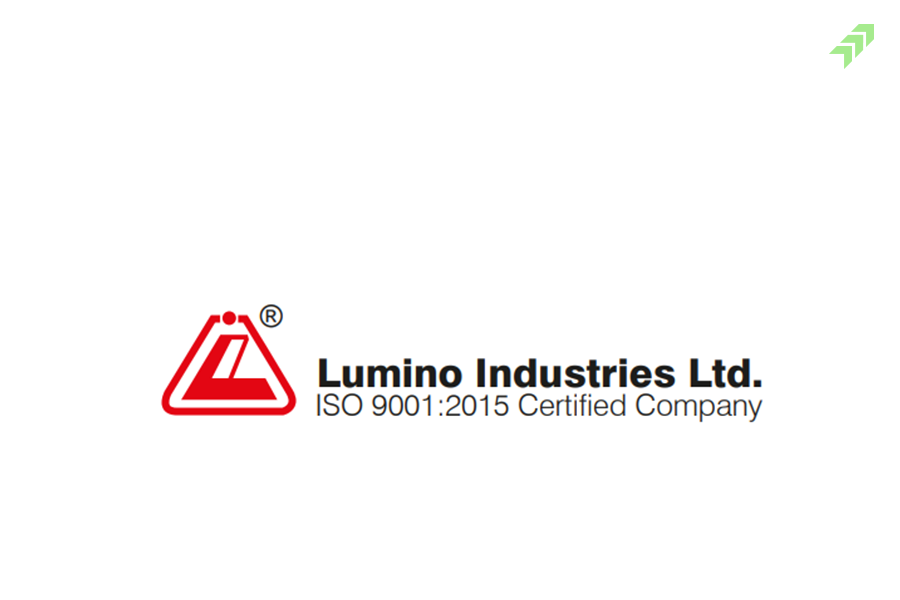The Securities and Exchange Board of India (SEBI) has been very active in recent times, whether it's regarding cautioning investors from fake influencer or spreading awareness among small investors to avoid the trap of lousy returns on futures and option trading. Now SEBI has come up with something that hints those days are not far when we might see stock settlement happen within trading hours.
What is a stock settlement cycle?
The stock market settlement cycle is the period after a trade is executed between a buyer and seller where securities and funds are delivered and settled, involving the transfer of securities and funds and the completion of the trade. T refers to the trading day. Currently, the T+1 cycle means any trade settlements must be completed within one day from the day of the transaction.
In the early 2000s, the process of trade settlement was introduced to a very limited number of stocks. But until December 2001, all stocks were covered under T+5 settlements; the settlement time was later replaced by T+2 in April 2003. Starting January 27, all large-cap and blue-chip companies switched to the T+1 system. It took roughly 19 years for T+2 settlements to be replaced by T+1 settlements. With the initiation of T+1, all stock settlements started to be done the next day, making financial transactions faster in the stock market. India became the second country in the world to start the T+1 settlement cycle for top-listed securities after China.
SEBI chairperson Madhabi Puri Buch, at the Global Fintech Fest, expressed that SEBI plans to introduce one-hour trade settlements. While the chairman did not disclose any timeline for switching to one-hour trade settlements, market sources said that it is likely to be implemented by the end of the current fiscal year. The regulator seems confident in existing technology for one-hour settlements and is considering a 6–8-month timeline for instantaneous settlements. Earlier in June, SEBI announced an ASBA (Application Supported by Blocked Amount)-like process for trading in the secondary market starting in January 2024. ASBA, as we all know, is used while subscribing for an IPO. ASBA blocks funds in an investor’s bank account instead of transferring them upfront to the trading member. The ASBA will surely help in the transition from T+1 to 1 hour.
The regulator also said that they are working on several other things, including increasing the pace for new issuances in the equity and debt markets and faster approvals for MF schemes.
Zerodha’s founder, Mr. Nithin Kamath, commented on the T+1 settlement. While instant settlement is impossible, even T+0 is extremely tough considering the time required for brokers to crystallize the obligations and then clearing corporations to settle.
If a one-hour settlement is implemented, the parties involved will exchange funds and securities within the stipulated time. As funds are transferred during the trading session, it might boost liquidity and transaction volume.


















No comment yet, add your voice below!